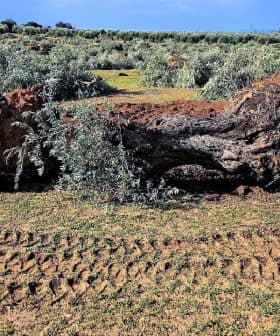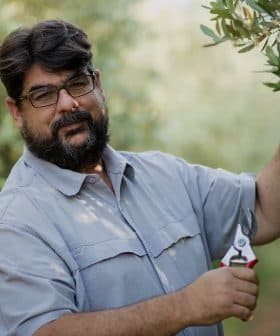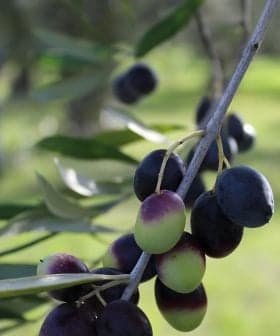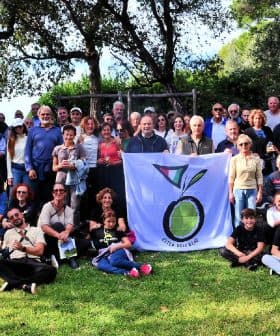Farmers Warn Pesticide Ban Jeopardizes Italy's Olive Oil Production
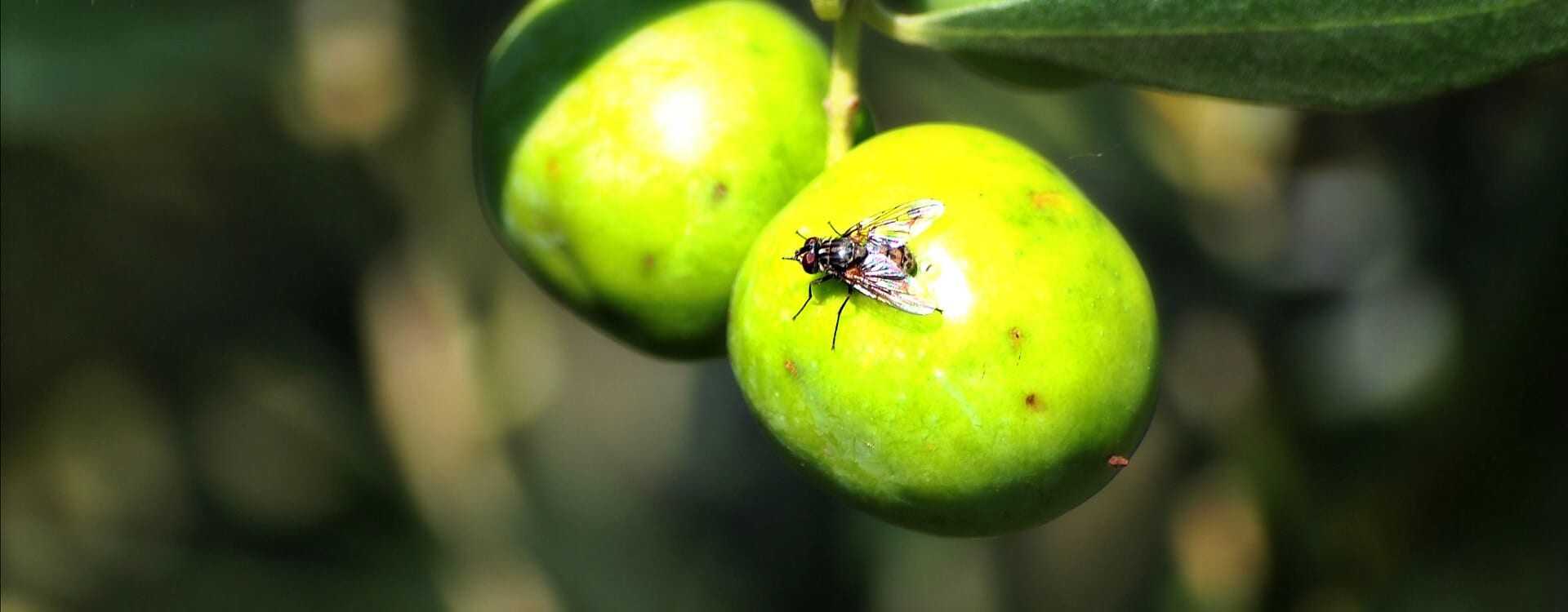
The European Union-wide ban on dimethoate-based pesticides, originally set for the end of July, will now take effect at the end of October, causing concern for Italian olive oil producers and farmers due to the lack of viable alternatives. The ban, based on environmental and health risks, will require farmers to shift to preventive strategies and monitoring systems to protect their crops from the olive fruit fly, potentially leading to economic challenges and abandoned olive orchards in affected areas.
A European Union-wide ban on one of the most effective chemical treatments that farmers have against the olive fruit fly will come into force at the end of October.
The prohibition on dimethoate-based pesticides was originally set to start at the end of July, but has been delayed in Italy as a result of an exceptional authorization requested by Coldiretti, the Italian farmers association, back in April.
The dimethoate ban forces farmers to change their approach to the olive grove defense. They have to move from healing strategies to preventive strategies.
In spite of the extension, members of the Italian Confederation of Farmers (CIA) said that the next harvesting season could prove disastrous for olive oil producers and farmers as a result of the ban.
“The incoming ban on dimethoate is already hitting olive farmers in our territory because they have no viable alternative at their disposal,” Lapo Baldini, head of CIA Tuscany, said.
See Also:Sustainability NewsEven with three months to go until the prohibition comes into force, Baldini believes there will be a scarcity of the product on store shelves. He added that no viable alternatives have been provided to farmers to protect their crops.
“The ovicidal products, whose effectiveness is yet to be understood, raise several difficulties in their deployment when compared to the large spectrum activity of the larvicide dimethoate,” Baldini said.
In a press release, CIA farmers stressed how the long-expected European-wide ban on those products has been implemented with no alternative strategy being set.
“Copper, kaolin and fungicides are deterrents to the olive fruit fly but, as we have already observed, they do not solve the problem in case of massive infections by the fly”, Baldini said.
“The problem has become cyclical, an annual infection not only for the coastal areas of Tuscany but also for the most inlands olive-growing regions,” he added. “Alternatives should have been found before the ban. The result will be higher costs for the farmers and solutions not effective enough.”
While introduced by the European Commission in June 2019, the ban on dimethoate did not come as a surprise. The decision was based on the already known conclusions of the European Food Safety Authority, whose experts had determined the possible risks for the environment and human health as a result of the genotoxic potential of the pesticide and carcinogenic characteristics of one of its main ingredients, omethoate.
While no one is arguing about the efficacy of dimethoate against the olive fruit fly, some researchers said that now is the time to reinvent how farmers cope with the pest and protect their crops.
“The dimethoate ban forces farmers to change their approach to the olive grove defense,” Elisabetta Gargani, a researcher at the CREA, the public institution dedicated to agricultural research, told Agronotizie.
“They have to move from healing strategies to preventive strategies. In this new scenario, the monitoring of the trees and the traditionally organic strategies will play a major role,” she added.
Some small and organic farmers in the region have effectively implemented monitoring systems and organic strategies into their groves already.
“We chose to wholly convert to organic procedures,” Gianluca Damiani, a small olive grower in Tuscany, told Olive Oil Times. “In the past we had randomly used dimethoate-based products on our trees and it certainly helped contain the olive fruit fly infection.”
“But we have just a small local production, we can live without it because we can have a deep monitoring of the fly population over time,” he added. “I can understand that those who have larger businesses might have to invest in new procedures, and maybe get used to smaller yields.”
However, Coldiretti has backed the CIA in criticizing the ban, also emphasizing that no real alternatives to dimethoate-based products are available on the market. Looking ahead to the 2020 harvest, the association argues that there are no viable new prevention measures available for farmers to use.
“The olive fruit fly is considered the most relevant pest for olive trees, so widespread that it can severely impact on quantities and qualities of the production in most areas,” Coldiretti said. “Scientific research has not yet determined a strategy able to control the fly, an insect that due to climate change has become even more prolific.”
Prior to the ban, dimethoate-based pesticides could be applied to crops throughout the growing season, whenever evidence of an olive fruit fly infestation became apparent.
However, alternative strategies will require the early monitoring of the fruit fly population, from the springtime onwards, to understand how the population has survived the winter and what kind of impact it may have on the upcoming season.
The dimethoate ban will also require local farmers, governments and agricultural organizations to take a different approach when it comes to land management, as abandoned olive groves can play a major role in the early reproduction of the fly.
Nevertheless, the CIA has said that while studies are ongoing and comprehensive strategies are not yet in place, the economic impact of the damage caused by the olive fruit may lead to difficult choices.
The confederation said it could lead to newly abandoned olive orchards in several areas “with new challenges for the remaining businesses as well as for the landscape and the maintenance of the territory.”





